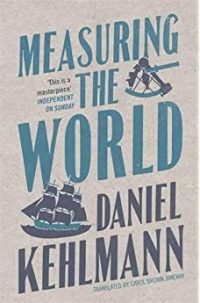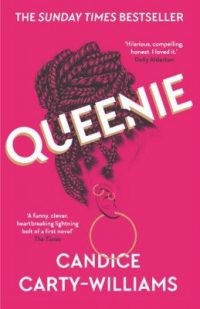Recent(ish) reads in brief
Since mid-June, when we made the decision to reserve a dog from a litter that had just been born, that decision has pretty much dominated our lives. We dug out the dog training books we’d bought 10 years ago just after we moved into this house – which we chose in part for its doggy-suitable garden and layout – and bought a few more books on the subject, just to be safe. While my non-doggy-reading didn’t dry up completely, my ability to write thoughtful, detailed reviews of books afterward certainly did.
That said, I have continued to make some notes and highlight/bookmark some passages as I read, so I do have a little more to say about most of the books I’ve read than the single-paragraph synopses I write for my monthly reading round-ups. And I even found that trying to write brief reviews of a handful of recent reads led me to write full-sized reviews of a few of them, so look out for those in the coming week.
Continue reading “Recent(ish) reads in brief”
 Measuring the World
Measuring the World 
 Queenie
Queenie 


 Natives: Race and Class in the Ruins of Empire
Natives: Race and Class in the Ruins of Empire Superior: the Return of Race Science
Superior: the Return of Race Science